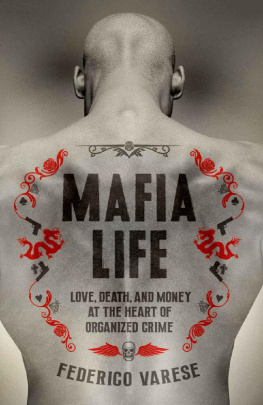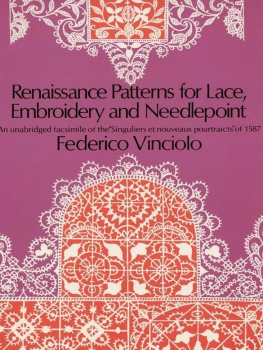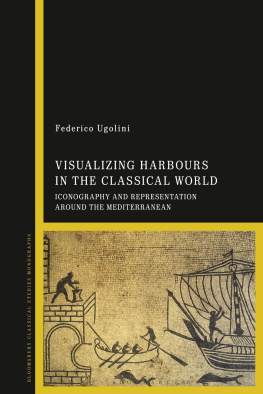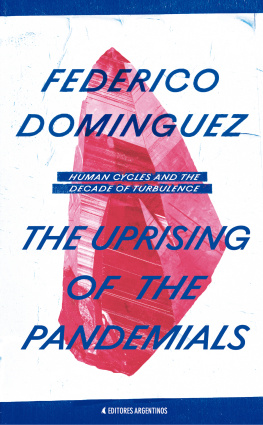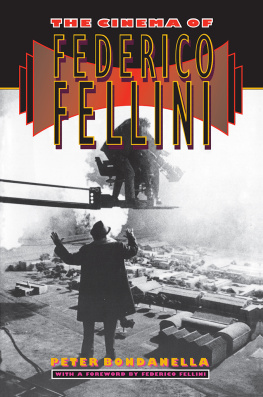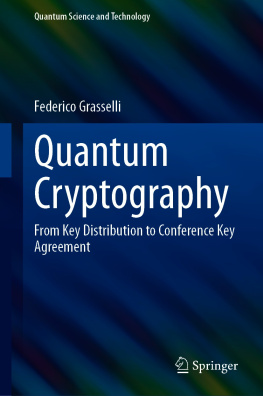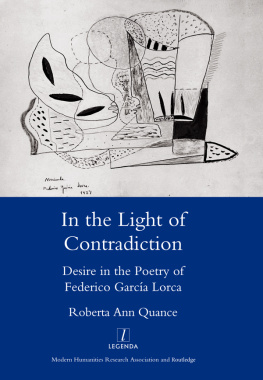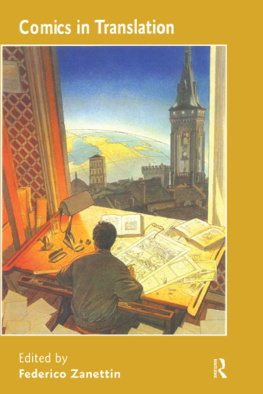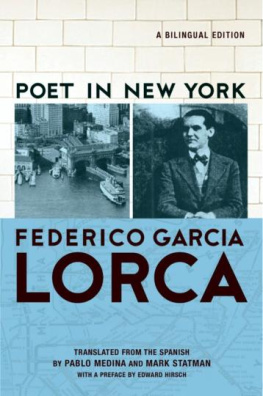Federico Varese - Mafia Life
Here you can read online Federico Varese - Mafia Life full text of the book (entire story) in english for free. Download pdf and epub, get meaning, cover and reviews about this ebook. year: 2018, publisher: Oxford University Press, genre: Detective and thriller. Description of the work, (preface) as well as reviews are available. Best literature library LitArk.com created for fans of good reading and offers a wide selection of genres:
Romance novel
Science fiction
Adventure
Detective
Science
History
Home and family
Prose
Art
Politics
Computer
Non-fiction
Religion
Business
Children
Humor
Choose a favorite category and find really read worthwhile books. Enjoy immersion in the world of imagination, feel the emotions of the characters or learn something new for yourself, make an fascinating discovery.

- Book:Mafia Life
- Author:
- Publisher:Oxford University Press
- Genre:
- Year:2018
- Rating:4 / 5
- Favourites:Add to favourites
- Your mark:
- 80
- 1
- 2
- 3
- 4
- 5
Mafia Life: summary, description and annotation
We offer to read an annotation, description, summary or preface (depends on what the author of the book "Mafia Life" wrote himself). If you haven't found the necessary information about the book — write in the comments, we will try to find it.
Mafia Life — read online for free the complete book (whole text) full work
Below is the text of the book, divided by pages. System saving the place of the last page read, allows you to conveniently read the book "Mafia Life" online for free, without having to search again every time where you left off. Put a bookmark, and you can go to the page where you finished reading at any time.
Font size:
Interval:
Bookmark:

LIFE
LIFE
MONEY AT THE HEART
OF ORGANIZED CRIME
FEDERICO VARESE


Oxford University Press is a department of the University of Oxford. It furthers the Universitys objective of excellence in research, scholarship, and education by publishing worldwide. Oxford is a registered trade mark of Oxford University Press in the UK and in certain other countries
Published in the United States of America by Oxford University Press 198 Madison Avenue, New York, NY 10016, United States of America
Federico Varese 2018
Originally published by Profile Books LTD in Great Britain
All rights reserved. No part of this publication may be reproduced, stored in a retrieval system, or transmitted, in any form or by any means, without the prior permission in writing of Oxford University Press, or as expressly permitted by law, by license, or under terms agreed with the appropriate reproduction rights organization. Inquiries concerning reproduction outside the scope of the above should be sent to the Rights Department, Oxford University Press, at the address above.
You must not circulate this work in any other form and you must impose this same condition on any acquirer
CIP data is on file at the Library of Congress
9780190868932
eISBN 9780190868956
Also by Federico Varese
The Russian Mafia
Mafias on the Move
Life is hard.
And then you die.
On a snow-swept November morning in 2016, I find myself staring at a well-kept grave, inside a sprawling Russian necropolis. The monument is not one of the grandest, yet the full-sized figure of Nikolai Zykov is staring at me solemnly. His image is inscribed on expensive dark marble, and the surrounding space includes a tiny table, a simple white Russian Orthodox cross, and a vase for flowers. Some of his dead associates are not far from him. I last met Zykov in the mid-1990s and, until now, I had not been back to the place where he used to be the local Mafia boss, the city of Perm, in Russias Ural region. Although I have written a great deal about my time in Russia in the 1990s, I never thought it appropriate to dwell on our encounters. This book will bring Zykov back to life. He belonged to a secret criminal fraternity that has come to play a significant role in Europes underworld. Members sport impressive tattoos, abide by a secret code of honor and operate in most European countries. In Mafia Life, we will encounter equally exotic individuals from Sicily, Hong Kong, and Japan, and travel further afield, to Macau, Burma, and Dubai, and back to Greece, and across the Atlantic, to uncover the shape of todays badlands. Yet do not for a moment think that a Mafioso is a Mr. Big living in a faraway place. He can nest in our midst, in suburban England as much as in Palermo. Lets take just one example.
Recently, in the town of Salford, Greater Manchester, a man was attacked with a machete, and another had a grenade thrown at his house. A nine-year-old boy was shot as he opened the front door of his house: the killer was looking for his father. Thirty children live with the fear of murder in this town, which has a population of 234,000; there are twenty-five organized crime groups here, and the number of shootings in twelve months was nineteen. Police dont control the street, a gang member told the BBC in 2016.
Imagine that you were one of the fans who attended the Manchester United home game against Wigan Athletic on Boxing Day in 2011. If you were, you might remember that Man United demolished Wigan 50. Yet something else was going on off the pitch. Professionally dressed staff were directing fans to park near the Old Trafford football stadium. Thousands of people could easily find a spot, for five pounds. A bargain. Large areas of wasteland, car showrooms, and empty spaces around office buildings had been turned into parking lots for Man United games throughout the season. The catch was that those attendants worked for local organized crime, using public areas illegally. Occasionally, they engaged in turf wars over who controlled the best spots. On Boxing Day 2011, the police were out in force and arrested thirteen people, aged between fifteen and fifty. The officers were trying to bring to an end a business worth millions every season.
Old Trafford is next to Salford, just over two miles from the center of Manchester. The Haienda, the most iconic European nightclub of the 1980s and 1990s, launched acid house and rave music. New Order, the band born after the end of Joy Division, performed there regularly. The doors of the club were managed by one Damien Noonan, a local man from a feared prominent crime family based in Salford. The family was so menacing that, when they got pulled over, the police would let them go, no matter what they had allegedly done. Damien introduced a degree of order at the Haienda. Gangs were allowed in, but each sat in its own corner, to avoid bloody fights. They got their drinks at cost, so they would not steal them outright and harass the staff along the way. Peter Hook, founding member of Joy Division and co-owner of the Haienda, recalls that hosting gangsters offered additional benefits: some of the staff took interest-free loans rather than going through banks. And an association with a strong gang carried prestige: Our bouncers were so powerful and so bloody violent that anywhere we went we had the cachet of being associated with them, writes Peter Hook in his book about the Haienda. Allowing gangsters to manage the doors of a club had some downsides: they controlled the flow of drugs into the place and the doormen were drawn into gang wars, forced to exact revenge for what happened the night before, so as not to lose face. A legitimate business that many of us loved and patronized was complicit in wanton violence.
Some twenty years have passed and most readers will think that the wild days of the Haienda are over. After all, the club closed its doors in June 1997. Salford Quays is now home to parts of the BBC and ITV, and it has been duly gentrified. And yet, as I was writing this book, the most influential Salford gangster had his life cut short in a carefully planned hit, on 26 July 2015. Paul Massey was shot dead as he climbed out of a silver BMW outside his home in Salford. Shortly after his death, I put this book on hold and traveled to the town, where I met Don Brown, a police officer who started to work these streets in 1983.
I arrested Massey three times. The first time when he was seventeen. He was a small fellow, not much to look at, but he had the guts to get the job done. He even stabbed a man in front of a BBC crew that was making a film about him. And he served the time for this crime.
Violence is a key ingredient of this trade. Massey and Mafiosi alike must be able to convince a skeptical audience that they have what it takes to pull the trigger. Once they have established such a reputation, people will be more likely to comply with their wishes; it follows that the Mafiosi will need to use less violence in their everyday businesses.
These people do not simply buy and sell illegal goods. They organize markets. They control public spaces. Rather than peddling drugs on street corners, they want control over who has permission to sell. Soon, they expand their rackets from a single domain to several elements of the local economy from drugs to prostitution; from small shops to taxi drivers and hairdressers; from car parks and care homes to construction until whole sectors are under their rule. They put themselves forward as institutions of governance, ultimately in competition with the legitimate state. Masseys business interests went beyond pushing drugs. He set up a company officially named Personal Management Security, PMS for short. Everybody knew that PMS stood for Paul Massey Security. In a matter of a few years, the company obtained lucrative contracts in Salford, Manchester, and beyond. Clients included Metrolink, Manchesters light-rail network, and the construction company building the new police station in Manchester (both contracts were rescinded after a public outcry). These security firms are in effect protection rackets, says Don Brown. Even Massey, a small-time hoodlum by all accounts, had a big foot in the legitimate world.
Font size:
Interval:
Bookmark:
Similar books «Mafia Life»
Look at similar books to Mafia Life. We have selected literature similar in name and meaning in the hope of providing readers with more options to find new, interesting, not yet read works.
Discussion, reviews of the book Mafia Life and just readers' own opinions. Leave your comments, write what you think about the work, its meaning or the main characters. Specify what exactly you liked and what you didn't like, and why you think so.

